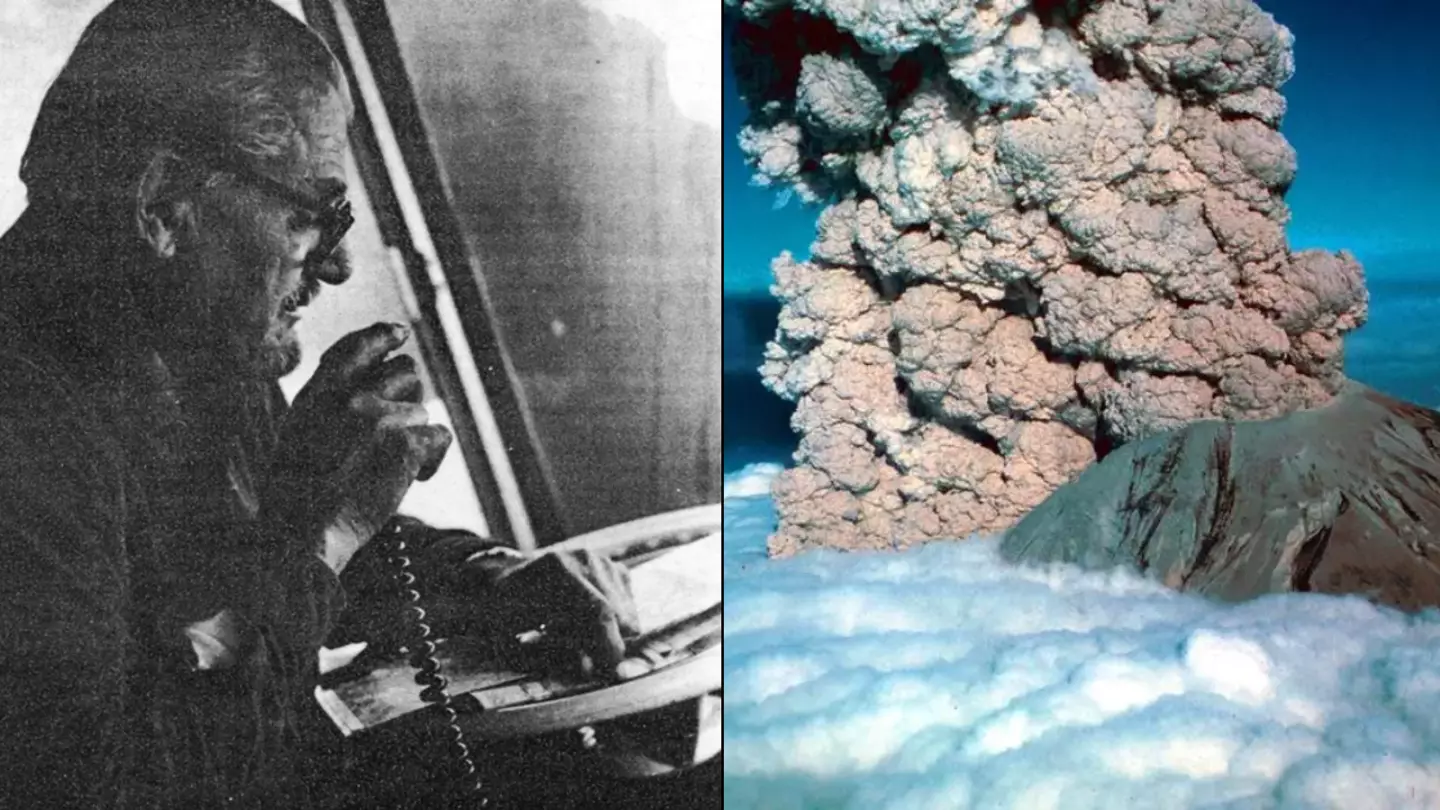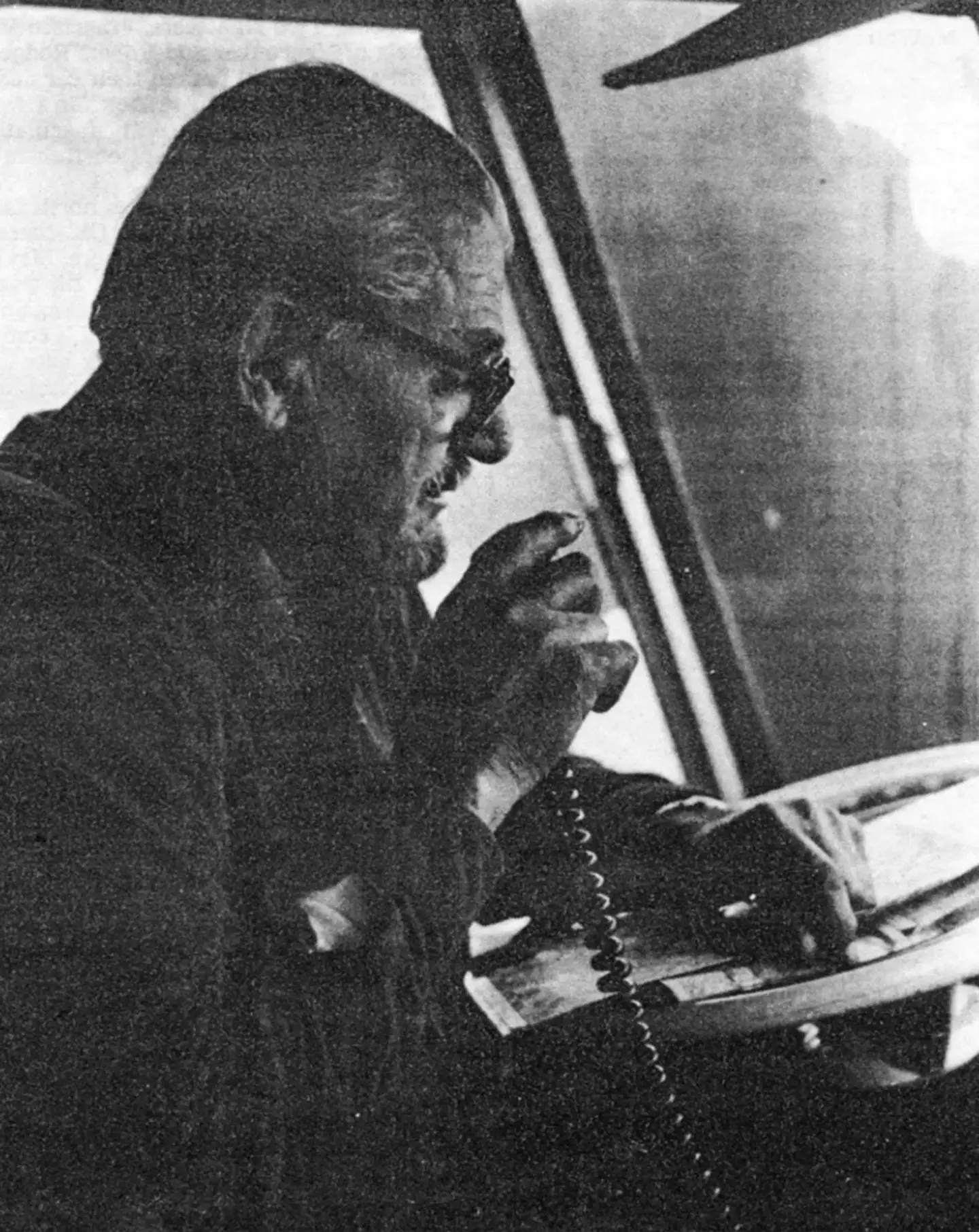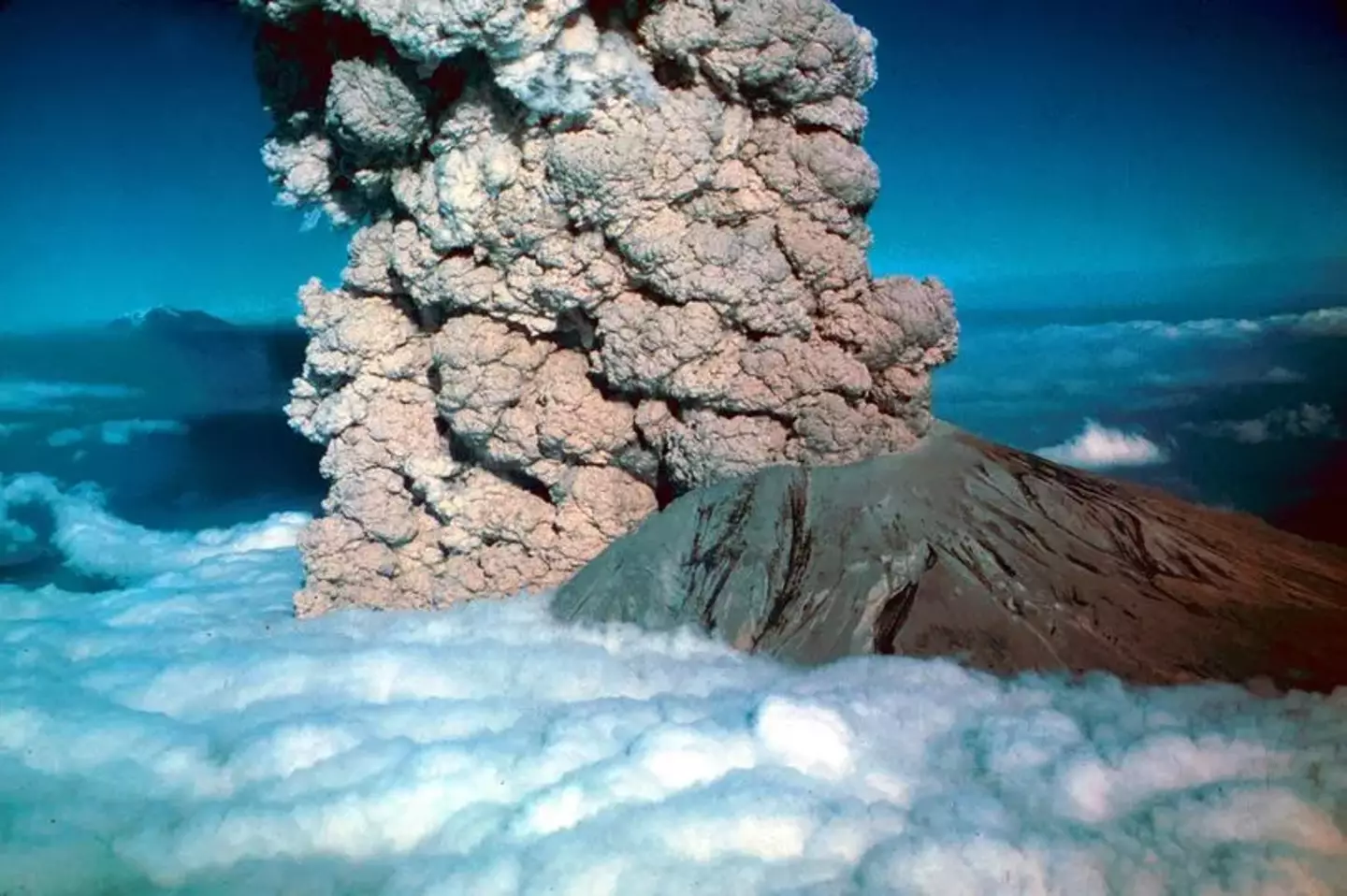
When tragedy strikes, we can't help but think about what must have been going through the victim's minds at the time.
For the most part, all we can do is assume - but on some occasions, their final words and thoughts are immortalised by recordings which captured their last few moments in this world.
Bringing both closure and context, these audio files can help people piece together exactly what went wrong.
We've heard the chilling final words of the pilots on Air France Flight 447 which crashed into the Atlantic Ocean, as well as the harrowing last sentences which documentary maker and animal lover ‘Grizzly Man’ managed to utter.
Advert
These snippets emerged in the midst of investigations into both tragedies, but in the case of Gerry Martin, listeners heard what was going on in his last moments in real-time.

The volunteer radio operator met a grizzly end during a shift for the Radio Amateur Civil Emergency Service when Mount St Helens in Skamania County, Washington, erupted on 18 May, 1980.
He was a Navy veteran who had been trained as a short-wave radio operator, so it made sense for him to offer his services to the team.
Gerry had driven his motor home up onto a ridge near the volcano the day before the disaster to monitor the mountain - and unknowingly gave himself a front row seat to an eruption that has been described as being 'more powerful than a nuclear bomb'.
The 64-year-old would no doubt have realised he might have been in danger after noticing that the volcano was bubbling on Mount St Helens, which was dubbed 'fire mountain' by locals.
A small earthquake which had taken place a few weeks prior in March 1980 seemed to trigger the volcano, as steam was seen rising from it just a week later while the ground also appeared to be stirring on the north face of the mountain.

Brave volunteers like Gerry and volcanologist David A. Johnston were the ones keeping an eye on it - but neither of them had any idea about the death and destruction it was about to cause.
A colossal debris avalanche was set off by a 5.1 magnitude earthquake, which in turn caused a lateral eruption which diminished the elevation of the mountain's summit by over 1,000ft and left a mile-wide horseshoe-shaped crater in it.
Lava spilled down the volcano's sides, at speeds which dwarfed those of the landslides, while it also pumped out hot gases at more than 300mph.
Everything in it's path - including 57 people, 200 homes, 47 bridges, 15 miles of railways and 185 miles of motorways - was obliterated, with the volcano burst estimated to have been 500 times stronger than that of the atomic bomb which wiped out Hiroshima, according to Ranker.
Gerry realised what was about to unfold with just seconds to spare - and he used those final moments to warn his fellow radio operators of what was about to come.
In his final broadcast, the volunteer said: "Gentlemen, the camper and car that’s sitting over to the south of me is covered.
"It’s going to hit me, too. We can't get out of here."
Sadly, no trace of Gerry or his motor home was ever found, but it is believed that he was essentially 'buried alive' by the hot ash and lava which spewed out of the volcano.
The 57 victims of the Mount St Helens eruption suffered the same fate and are reported to have passed away from asphyxiation after being trapped underneath the scorching debris.
The volcano, which is still the most active one in the Cascade Range, continues to show signs of life all these years on.
The 1980 disaster remains the deadliest and most economically destructive volcanic event in US history.
Topics: US News, News, History, Health, Technology